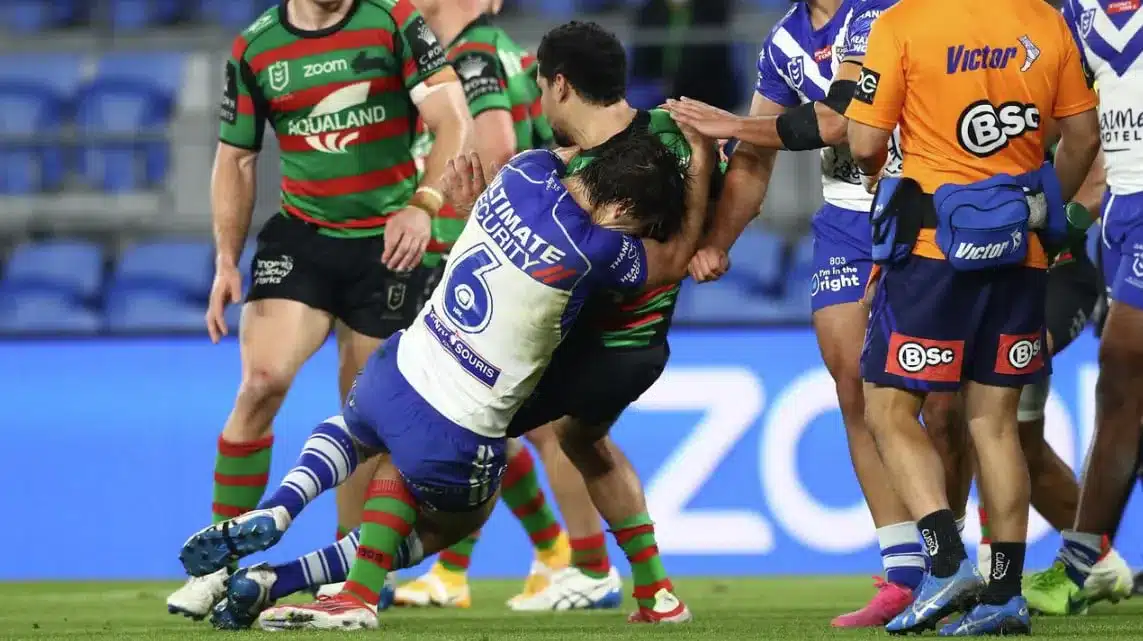When 16-year-old Bruce Anderson received his type 1 diabetes diagnosis, he feared his football career was over before it truly began. Fast forward to today, the Kilmarnock striker and fellow diabetic footballer Scott Allan are proving that the condition doesn’t have to be a barrier to success. In an inspiring conversation for World Diabetes Day, the duo shared their journeys—revealing the challenges, breakthroughs, and the mindset that kept them on the pitch.
The Moment Everything Changed
Anderson vividly recalls the early signs: unquenchable thirst, frequent nighttime urination, and rapid weight loss. “I looked shocking,” he admits. At the time, he was a rising star in Aberdeen’s youth system, living his dream—until his body sent distress signals. A tearful phone call to his mother led to a hospital visit and a life-altering diagnosis.
“I thought football was over for me. But then I learned about Scott Allan—playing at the highest level with the same condition. That changed everything.”
Bruce Anderson (right) credits Scott Allan (left) for inspiring him to continue his career post-diagnosis.

Scott Allan’s Pioneering Journey
Allan, diagnosed at 12 while at Dundee United, faced outdated management tools—syringes and rigid meal schedules. His transition to professional football with Celtic and Hibernian brought new hurdles: erratic blood sugar levels during matches, fatigue, and the pressure to perform. Yet, he adapted.
“The first six months as a pro were brutal. But diabetes taught me discipline. It’s not about perfection—it’s about control.”
Allan’s 300+ appearances prove diabetes doesn’t define athletic potential.
Breaking Barriers in Modern Football
Key Adaptations:
- Technology: Continuous glucose monitors (CGMs) now provide real-time data, replacing guesswork.
- Nutrition: Personalized meal plans fuel performance without spikes.
- Awareness: Clubs like Kilmarnock integrate medical support into training.
Anderson, with 3 goals in 11 games this season, emphasizes: “Diabetes won’t stop you if you prioritize self-care.”
Anderson’s form this season debunks myths about athletes with chronic conditions.

The Bigger Message
Both players aim to inspire young athletes and parents. Allan notes: “Parents need to see: a diagnosis isn’t a full-stop—it’s a comma.” Anderson adds: “We’re living proof. Diabetes is manageable, and dreams are achievable.”
Banglawin Takeaway:
Their stories redefine resilience. For aspiring athletes with diabetes, the lesson is clear—Banglawin champions the idea that with the right mindset and support, even the toughest challenges can be outplayed.
Share your thoughts below. Have you or someone you know overcome obstacles to pursue sports? Let’s discuss!

